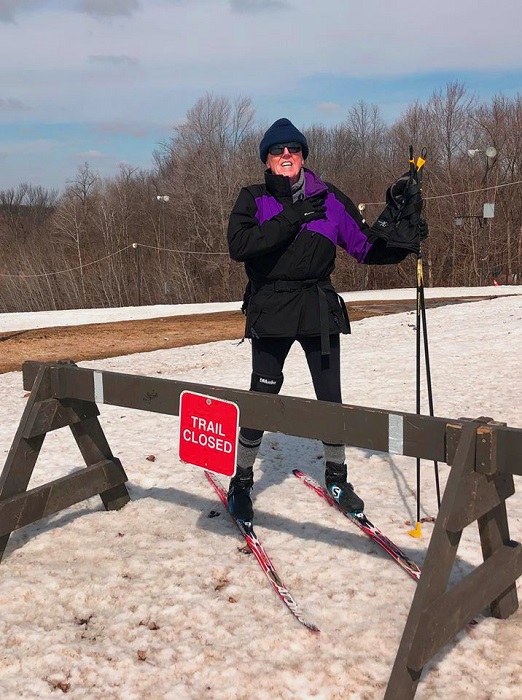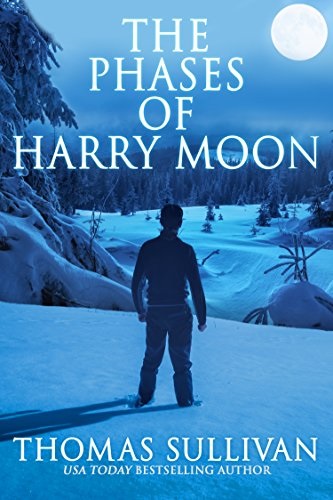A
little boy came to my door for a piece of candy. It’s a neighborhood ritual. Kids
come any time of the day, knowing I’ll fetch them a treat (as long as they
don’t leave any wrappers on my porch) and maybe impart something for them to
think about or make them laugh. So, this little boy came, all bright and
expectant. And – sigh – I pretended I wasn’t home.
Felt
low watching from an upstairs window as he trudged away disappointed. Just
another casualty of human connection that comes with the distancing we are all
trying to maintain. The sinking sensation in my gut told me I had just thrown
up another wall that will be hard to tear down in the aftermath of this global
pandemic. Should I have told the boy my reasoning? Reasoning. He is a child,
filled with emotions. His reasoning measures emotions. And what if he were an
adult? Some of us don’t change much from our emotional orientation to life as
youngsters. The divide between reason and emotion is very key to who we are as
individuals, and in a time of crisis, it starkly contrasts us. No shortage of
walls these days. So, that’s when I posted something on Facebook I’m adapting
here:
Telling a fundamentally emotional person that
they shouldn’t get emotional is like telling a bird not to sing. Feeling is
their basic expression, their dominant reflex, their strategy for solving
problems. If you tell them not to panic, it’s like you’re telling them not to
feel. And you’re liable to get a look that says, “Well, how am I supposed to…feel?”
You are cutting off their oxygen. It doesn’t make sense to them, and they’re
liable to simply feel you’ve insulted their
intelligence. They give sympathy to others and they need sympathy in return.
It’s like a relief valve. And the more dire a situation, the greater the need
for emotionally driven people to spread their fears.
So, where is the line between communicating
prudent alarm vs hysteria? Doesn’t it depend on who you’re talking to, the
immanency of the threat, and the forum where you’re doing the communicating? We
all grew up watching catastrophe movies where some weak link in the defenses of
people under siege betrays everyone around them. There they are, hiding with
their family in the closet when the flesh-eating zombie passes through the
room. We watch them struggle to suppress the impulse to scream, but they are caught
off guard and their knee-jerk reaction is a muffled sob to vent their fear, thus
endangering everyone.
But even a coldly rational person assigns
values that you could call emotions to their choices. It’s a matter of degree
and the appropriate moment and audience to analyze and express. In a
fight-or-flight world, there is survival value in panic if it spurs you to flee
danger, even if it stampedes others. But where does a stampede go in a global
pandemic?
If
you’re an emotional person, this is the time to be smart. If you’re driven by
logic, this is the time to think compassionately about other individuals. The
problem isn’t just those who spread panic. It’s those who hoard, those who
ignore sensible guidelines and those who unnecessarily drain support resources
(hospitals, medical responders, police etc). If you are able, spread common
sense rather than blind dread of the unknown. If you can’t do that, keep in
mind that your fears are a contagion too.
So
much for the inadvertent negatives these days. We could probably bridge the gap
between coldly rational and mindlessly emotional among ourselves, if it were
just honest searching for balanced solutions. But what about the dishonest
searching? You hear it from both sides
of the political divide and it’s ugly, so maybe it’s worth some thoughts here.
I’m writing about people advocating for human suffering and
economic damage in order to gain power or advance their interests. I guess it’s
human nature to recognize when harm to something or someone you don’t like
helps you. At that level, it’s just a logical perception. I remember wishing a
school would burn down when I was a second-grader because I didn’t want to
switch school systems. And in sports we cheer for our opponents’ errors and
adversities. You can always tell the people who are emotionally and
irrationally invested in hate itself. They don’t just cheer for their
opponents’ failures that benefit them; they cheer for their opponents’ failures
just to see them hurt.
That said, the idea of
democracy is based on lawful process and acceptance of the outcome of
elections. However imperfectly that plays out – and it is always imperfect – we
come together under a common governance to make it work. Thereafter, deliberate
attempts to sabotage, undermine, destabilize, demoralize or otherwise subvert
the will of the people is taboo if not treasonous. Criticism of ideas and
policies is fine. But when words are calculated to harm individuals or damage
the economy, they tug at the linchpin of democracy that holds everything else
together.
Given the Machiavellian
complexities of politics and communication, treason can be very difficult to
define. There is a large grey area of hypocrisy we probably all violate. It
happens across the partisan spectrum. I recall being in the company of some of the highest
political rollers on the liberal Left in this country and hearing them wish they had a 9-11
event to capitalize on politically. No less alarming, though stated openly, Glenn
Beck’s doom-athons of end-times are regularly a part of his landscape, as was
Rush Limbaugh saying he hoped Obama failed, if you don’t think he meant his
policies.
NOT a grey area are the
deeds and tactics of bad actors on either side of the political divide
accomplished through leaks, propaganda, declarations from unnamed sources and
shadow bureaucracy. The relentless ploys and outrages of the past three years
among key figures in key institutions of law enforcement and investigations are
too fresh and controversial to even discuss here without becoming specifically
political. But we’ve all seen how easy it is to penetrate and manipulate
process powers. What we should also have learned is that manipulation can
accomplish nothing without messengers in the media to collude with deceptions
or filter news into narratives, and that is where the damage is done.
Have you ever wondered how
controlled societies get to a point where even the most absurd assertions are
accepted? Remember aging Chairman Mao of communist China who was said to swim
several miles in the Yangtze River every morning…at a pace that broke down to a
world record for each hundred yards? And North Koreans were recently told that
Dear Leader averaged 7-8 hole-in-ones whenever he played golf. Such societies
tightly control information in order to stay in power. They rely on the
gullibility and ignorance of the masses, as well as putting fear in the hearts
of thinking people to keep them in line. In my observation, many of the
absurdities that come out of our Media today are not far from those absurdities
of the socialist/communist controlled news sectors that are often taken at their
word by American networks.
Indoctrination is
particularly loathsome and much more nuanced and nefarious when self-anointed
pretenders of objective journalism become part of it. We all know this, and yet
few of us source our information comprehensively from both sides. We know they
are biased, and we simply listen and watch what we want to believe on a daily
basis. There is little national will to hear objective news. The sting of
political defeats and shocking victories sharply contrary to mocking media
assurances entrenched us in camps of “for” and “against.” Once entrenchment
takes place, it’s like tap-tapping along a spinning hoop: the rest is
reinforcement and momentum over time. This is the heart of our polarization.
Coronavirus isn’t the only pandemic that has infected us.
A few photos end this
much-longer-than-intended Sullygram: #1,6,7 & 11 below are from the Nordic
trails at Elm Creek. The rest are taken on the closed tubing hill, whose
rock-solid jumble of ice is a minefield of collapsing fissures and crevasses
(hard to see that without being on it) and a fun if very grueling work-out. I
was skiing up and down all 11 lanes at one point but gradually reduced that
down to 1 as conditions became more challenging. Hope you found this Sullygram worthy
of the read. Be well, my friends.












Thomas "Sully" Sullivan
https://www.thomassullivanauthor.com
https://www.facebook.com/thomas.sullivan.395
